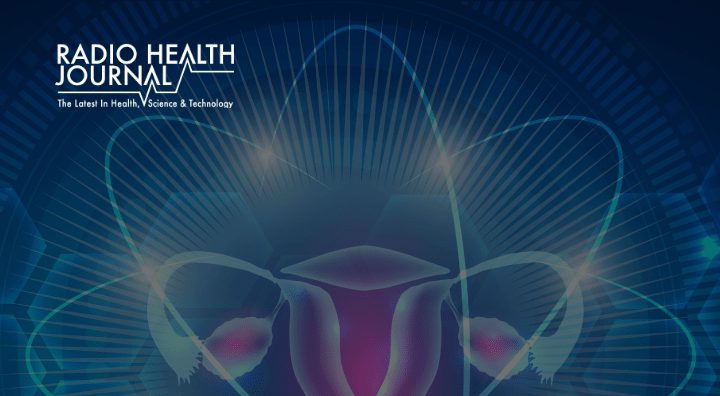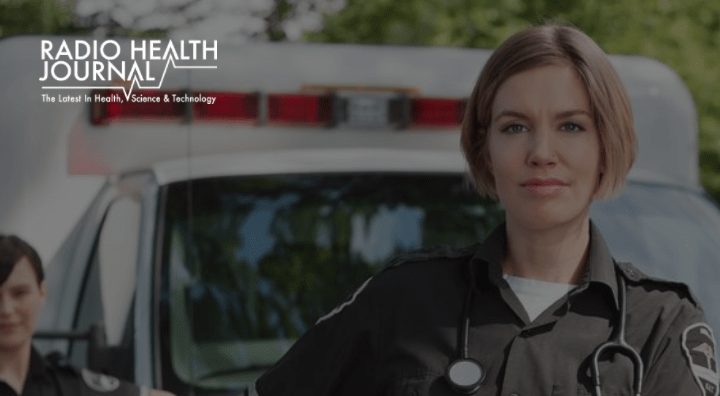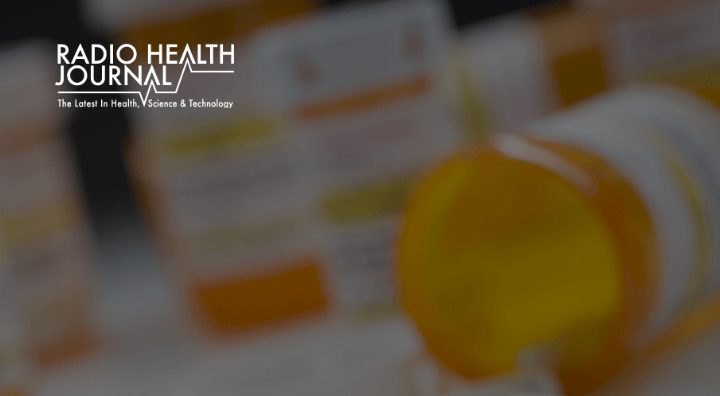A silent epidemic is at work in doctors around the world: depression. An estimated 400 physicians are lost each year to suicide, often because of unacknowledged and untreated mental illnesses. Dr. Pamela Wible, founder of the Ideal Medical Care movement and author of Physician Suicide Letters, Answered, and Dr. Louise Andrew, founder of MD Mentor, explain why doctors are committing suicide at a higher rate than the general population and why others are covering it up.
Starting from medical school, through residency, and then in their professional practices, doctors face a harsh and often unhealthy school and work environment that leaves many of them frustrated and disappointed. In turn, the suicide rate for doctors is two to five times higher than that of the general population, Dr. Wible says. Furthermore, doctors have a greater knowledge of drugs and the human body, which leads their suicide attempts to result in death more often.
The root of these high suicide rates is often left undiscovered or covered up. Many doctors will not be able to diagnose themselves or will not be approached by concerned colleagues or family members. If the mental illness is discovered, doctors often avoid acknowledging it for fear of losing their medical license or insurance. Finally, if doctors do try to get treatment, they are faced with an additional challenge; many doctors feel uncomfortable treating other doctors.
With the odds stacked against them, Dr. Wible and Dr. Andrew say that the responsibility falls to all of us to bring this issue to light and to acknowledge that our physicians are people too.
For more information about suicide and depression in doctors or about our guests, visit the links below.
Guest Information:
- Dr. Pamela Wible, founder of the Ideal Medical Care movement and author of Physician Suicide Letters, Answered
- Dr. Louise Andrew, founder of MD Mentor











Leave a Reply